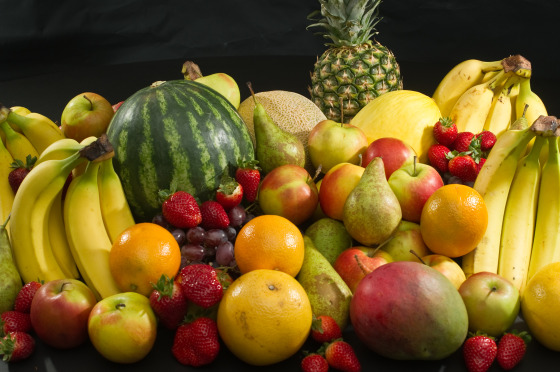Child labour, sustainable production: new app tracks fruit and veg
 Fruit and vegetables grown intensively in developing countries may well have been picked using child labour, according to Dutch food research foundation QuestionMark.
Fruit and vegetables grown intensively in developing countries may well have been picked using child labour, according to Dutch food research foundation QuestionMark.
The organisation looked at the origin of over 3,300 different types of fruit and vegetable products on sale in Dutch supermarkets. It found in particular that products originating in Middle and South America often use child labour in harvesting, as do growers in the Occupied Territories in the Middle East.
In addition, illegal migrants are used to pick fruit and vegetables on a wide scale in Spain and Italy. ‘They are often underpaid, work in the full sun and are exposed to pesticides,’ said Linnebank. ‘They cannot complain because they would be deported.’
The organisation has developed a database which consumers can search to find out more about their purchases and how sustainable they are.
The database shows pineapples, bananas, mandarins and oranges are most likely to have involved the workers being exploited or child labour. In terms of vegetables, peas, beans and asparagus are most at risk.
The research also looks at how the products were made and transported to the Netherlands. Kiwis sent by ship from New Zealand, for example, are considered more sustainable products than those brought from Italy by lorry.
Thank you for donating to DutchNews.nl.
We could not provide the Dutch News service, and keep it free of charge, without the generous support of our readers. Your donations allow us to report on issues you tell us matter, and provide you with a summary of the most important Dutch news each day.
Make a donation